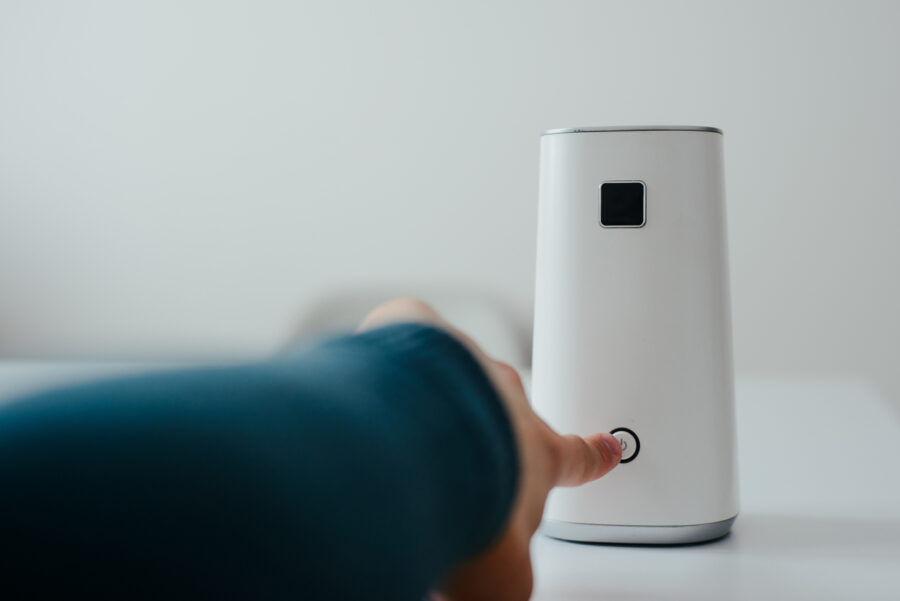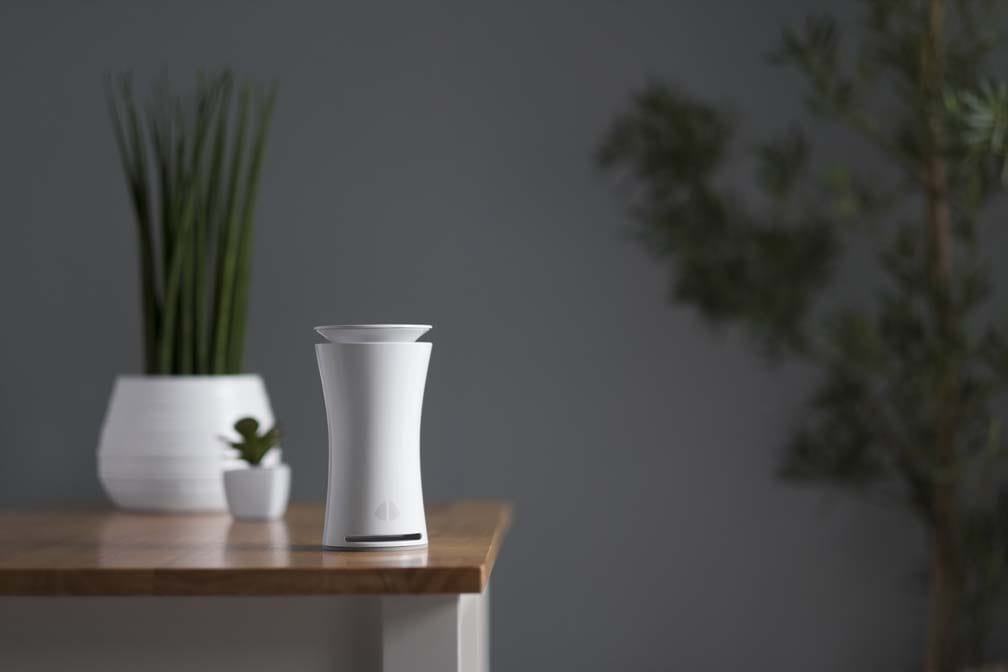The lockdowns have been going on for weeks now around the world, and even in places without a mandated lockdown there are many people in self-quarantine. Covid-19 has really changed the way we live our lives, and we’ve learned best practices for keeping ourselves clean and safe from infection. On the other hand, the extended home quarantine is problematic in other ways, and the one a lot of people are feeling right now is cabin fever.
Cabin fever describes the set of emotions and symptoms that people feel when they are confined or isolated indoors for an extended period of time. While it is not an officially recognized psychiatric condition, cabin fever is very real and people can experience a host of symptoms and problems during lockdown. These include:
- Lack of interest and enjoyment in activities
- Restlessness and irritability
- Trouble sleeping, whether having trouble sleeping or sleeping too much
- Eating problems, either eating too much or too little, and gaining or losing weight
- Extreme fatigue and lack of energy
- Inability to concentrate
- Feelings of hopelessness or depression
- Lack of patience and higher stress
- and even suicidal thoughts or self-destructive behaviors
It’s important to find ways to cope with the pressure of staying inside for weeks or months at a time. These are some tips you can use to help deal with the situation.
Move Your Body
A sedentary lifestyle is the biggest problem you’ll have when staying at home all the time. When you are feeling anxious and restless, you may end up not wanting to do anything. These are actually possible signs of depression and might be a precursor to an actual psychological condition.
The best way to combat it is simply to get a lot of exercise. Studies have shown that people who exercise have much lower levels of anxiety, depression and neuroticism. Find a way to exercise your body and get the blood and hormones pumping, even if you are staying indoors. If you are fortunate enough to have a large yard or area to run in during the lockdown, it would be ideal, but for those who can’t, even stationary running or using the stairs to do step exercises can help a lot.
Make sure the House is Well-Ventilated
One big issue you’ll deal with cabin fever is the feeling of your room becoming “stuffy.” While a lot of this is psychological, there is also a physical component to it. When your house or dwelling is locked down for an extended period of time, it’s possible you’re not getting enough ventilation in the home. If you haven’t been opening your windows to air the house, or are otherwise keeping the air confined, you might be suffering from poor air quality.
This could be anything from too much carbon dioxide being trapped in the room, to more serious gases like VOCs or even dangerous gases like carbon monoxide or ozone building up as the air stagnates. In any case, it is not an ideal situation. Be sure to air the rooms of your house and get enough air going in and out, even if you yourself can’t leave the premises. It can be as simple as opening a window or turning on your exhaust fan, but be sure to get some air circulating. This’ll lessen the effects of cabin fever regardless.
Keep Yourself Busy
Most people might not be able to do their regular work or their job while in quarantine. This can lead to feelings of frustration and uselessness, and even lead to a lack of self-worth.
Find ways to be productive at home, doing work that is important or which matters to you and your family. Ideas include cleaning up the house or re-organizing your living space, learning a new craft or hobby like cooking or painting.
Set a goal for yourself every day or every week, and work towards those goals. This helps give your daily life meaning, so you don’t fall into a spiral of depression.
In the end, the important thing is to make the best use of your time while keeping yourself and your family safe. Most people have been in quarantine for several weeks now, and there’s no telling when the conditions will improve. Get a leg up on the stress of cabin fever and make the changes today, so that you can stay healthy and of sound mind even if the lockdown needs to be extended another week, or another month.






